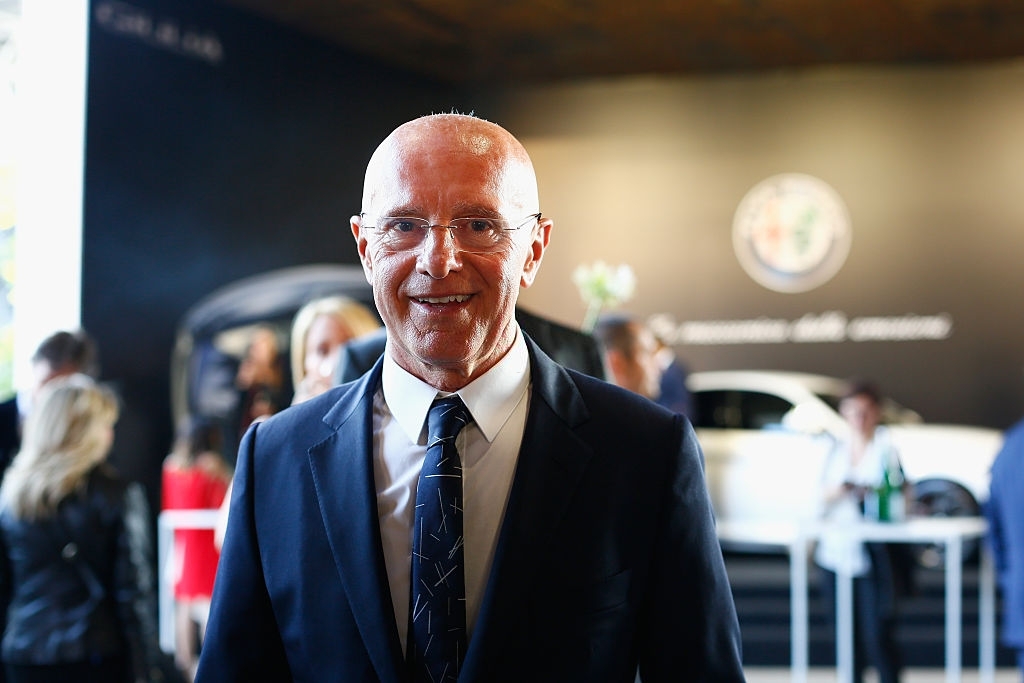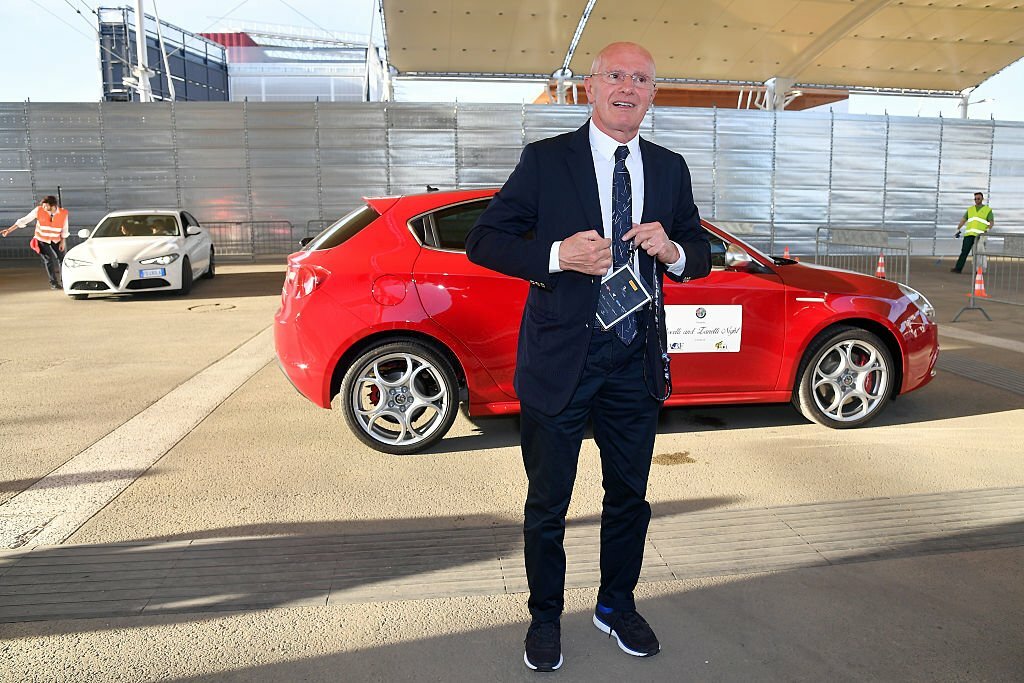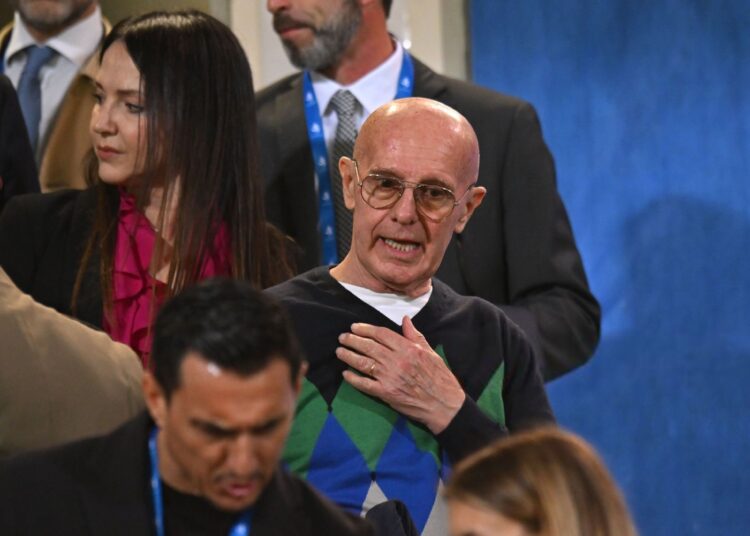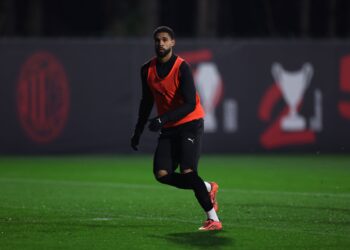Former legendary AC Milan head coach, Arrigo Sacchi, commented about AC Milan's situation.
Here are his opinions:

"What is the real version of Milan? The one we admired in Madrid, where they delivered a stunning performance, or the rather confusing one we saw last Saturday in Cagliari? It’s a fair question, given that in just a few days, two completely different performances aired, and people are wondering which of the two is the “official” one," said Sacchi to La Gazzetta dello Sport. "My impression is that the truth, as often happens, lies somewhere in the middle. That is, Milan is not yet the dazzling team that knocked out my friend Ancelotti’s Blancos at their home, but neither are they the sloppy side that conceded three goals in Cagliari."
Sacchi added:

"It’s a matter of patience, which, unfortunately, is a rare commodity in the world of football, and I’m fully aware of this because the public, as we know, always wants everything now. However, to build a solid, balanced, and winning team, time is required: no one performs miracles. In Madrid, I appreciated the courage of the Rossoneri, who hit back time and again against Real’s great champions. They were brilliant at putting pressure on their defensive system, forcing them to change their way of playing. In Cagliari, however, I was annoyed by the defensive lapses. This doesn’t mean placing all the blame solely on the defenders, or even on one of them, because in Italy we are very quick to find a single scapegoat, even in a team sport like football. Here I’m talking about the defensive phase, meaning the application of certain principles by everyone."
He continued:
"Milan, in Cagliari, against a team with technical qualities far inferior to those of Real Madrid, took a step back. Is it incomprehensible? No, I would say it’s part of a normal growth process. In the meantime, the Rossoneri have welcomed back Leao, assuming he has finally found the consistency in performance necessary to reach the top. I’m looking forward to seeing him in the upcoming matches: he has so many qualities, dribbling and speed in wide spaces; we need to see if he can always showcase them. Finding a player like him again would be very important for Fonseca. The coach, who had become a scientist after Madrid, is now back under heavy criticism. He’s being blamed for starting a sixteen-year-old like Camarda, but I defend him for this choice. He showed courage, and courage always pays off in the long run. He’s also accused of not providing a solid defensive structure: given what was seen in Cagliari, this criticism is justified."
Sacchi concluded:
"However, and here I’ll go a bit deeper, let’s ask ourselves a question: were all the players available to Fonseca chosen by the coach, or did he “accept” them and now must manage them? If, as I believe, the second hypothesis is closer to the truth, then the mistake lies in the modus operandi. The club must choose the coach, and the coach must choose the players. This is the path to long-term success. Berlusconi never imposed a player on me that I didn’t want, and when he tried, for example, with the Argentine Borghi, I made it clear that I didn’t want him, and he understood. Clarity on the field, in terms of actions and play, always stems from clarity within the club and in the relationships between people."
















